
Between 1941 and 1946, there were roughly 1,000 African-American pilots trained at the segregated Tuskegee Army Airfield in Tuskegee, Alabama. Of that number remains just a fraction of Tuskegee Airmen still living today. MacDill Air Force Base, Florida, had the privilege of hosting one of these pilots, retired Lt. Col. George E. Hardy, Feb. 11, 2016, as part of the “A Salute To A Living Legend” event.There was a buzz of excitement as more than 140 service members, retirees and civilians filed into the room awaiting Hardy’s entrance. To make the moment even more special, the event was held in the Davis Conference Center, which was named in honor of the late, retired four-star Gen. Benjamin O. Davis Jr., who was also a Tuskegee Airman and served as their commander during World War II.
Complete silence filled the room as everyone was called to attention and Hardy was escorted in by Col. Daniel Tulley, commander of the 6th Air Mobility Wing (AMW). Tulley’s opening remarks set the tone for what appeared to be a long-awaited speech for those in attendance.”What a story,” said Tulley, who had already previously spoken to and researched Hardy’s history and experiences. “It’s not as simple as you may think, or what you may have seen in the movies.” Expectedly, just Hardy’s journey to the podium commanded the full attention of the audience as everyone gave him a standing ovation. During his speech, Hardy recounted his experiences fighting not only against foreign enemies, but also against the harsh realities of racism and segregation in the military. “Segregation back then was a part of the fabric of this country,” said Hardy. “And it was enforced, and the military was segregated as well.”
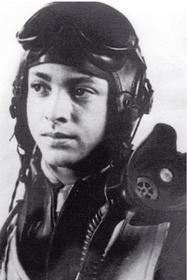
Academically, he earned a Bachelor of Science Degree in Electrical Engineering, a Master of Science Degree in Systems Engineering-Reliability from the U.S. Air Force Institute of Technology, as well as an honorary Doctorate of Public Service from Tuskegee University.Looking back on his days as a Tuskegee Airman, he said it was all worth it. He and his colleagues “wanted to fly and did what was necessary to fly.” “When you look back, yes it was all worth it,” said Hardy. “We paid a price, but it was a price that we were glad to pay.”
This work, MacDill hosts a Tuskegee Airman, by SrA Vernon Fowler, identified by DVIDS, is free of known copyright restrictions under U.S. copyright law.








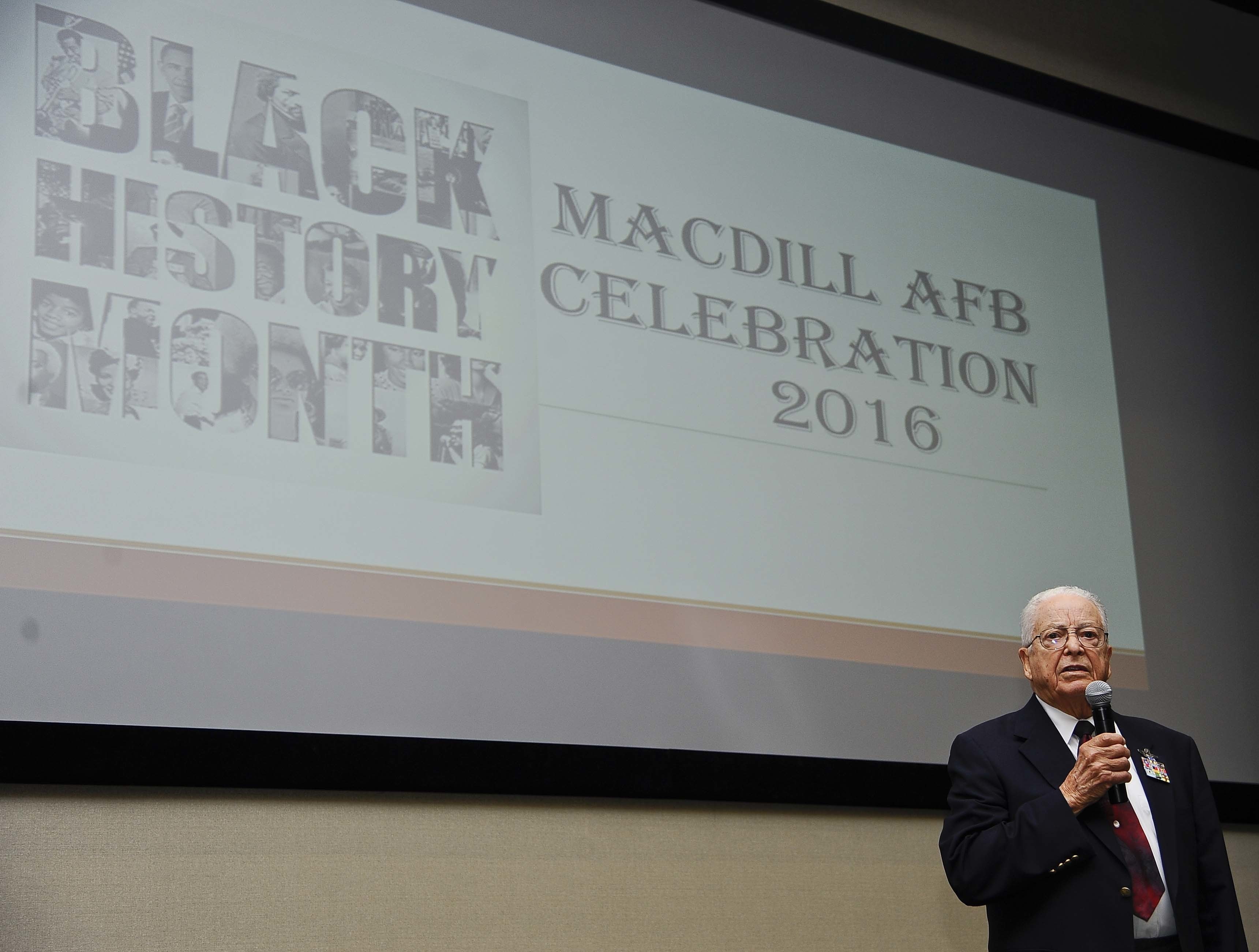
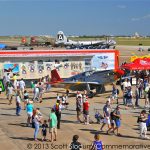
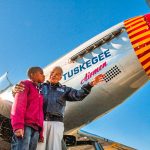

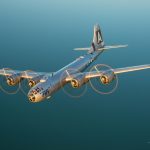
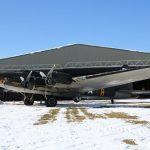
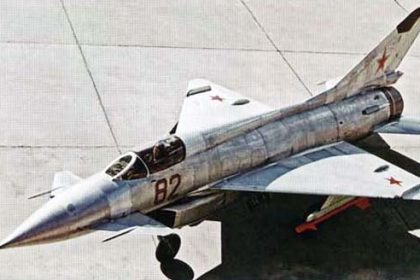
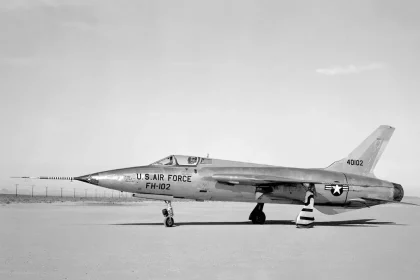
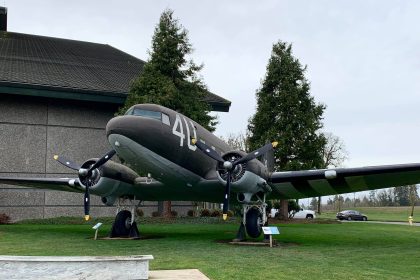
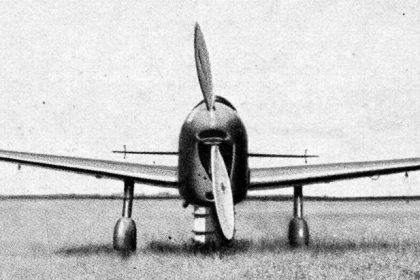
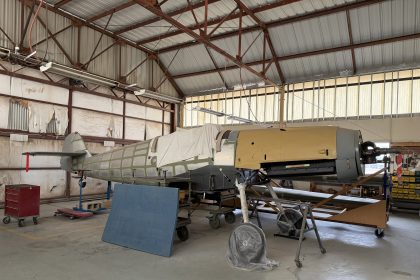
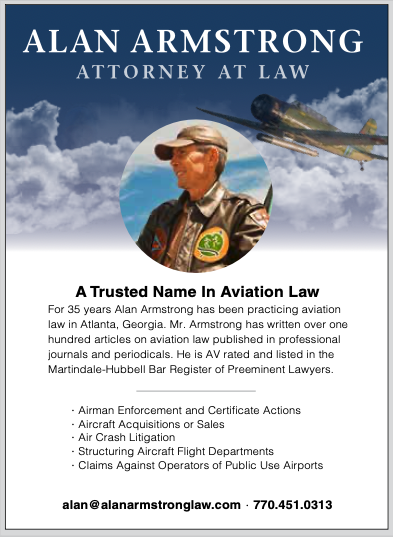
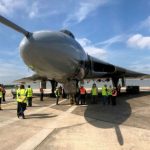
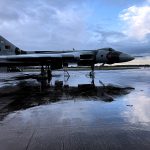
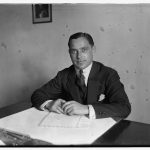
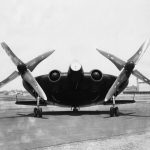
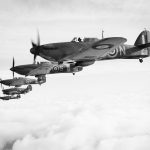


Lt. Col Hardy is a distant cousin of mine. We both share ties to the Bahamas. I live here in Tampa, FL. Had I known in advance that he was coming here, I would have attended. I’m also an Air Force retiree, with many TDYs to MacDill AFB.